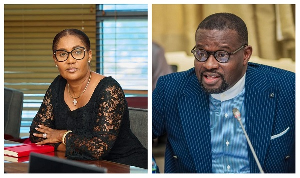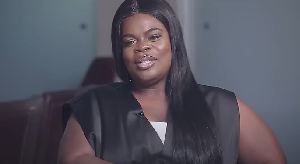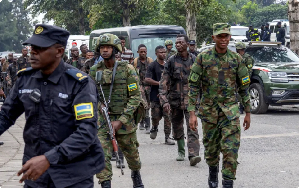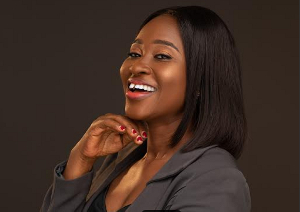Traditional rulers have been urged not to adjudicate rape cases brought before them in their respective communities, but to rather refer such cases to the law courts for adjudication.
The Executive Director of the Rural Initiatives for Self- Empowerment-Ghana (RISE–Ghana), a non-governmental organisation (NGO), Alhaji Awal Ahmed Kariama, made the call in Bolgatanga in the Upper East Region on Monday at a day’s training workshop on, “Sexual and Gender Based Violence Reporting and Advocacy” organised for media practitioners in the region.
The training programme, which was organised by RISE-Ghana with funding support from Oxfam in Ghana and Women in Law and Development in Africa, Ghana (WiLDAF-Ghana) through the European Union formed part of the new project dubbed, “Enough! Taking Positive Action to End Sexual and Gender Based Violence in Ghana.”
Alhaji Kariama, who stated that information gathered by his outfit had shown that some chiefs sit on such cases, stressed that rape cases were criminal and ought to be tried by the higher competency of jurisdictions, and not by traditional rulers.
Whilst commending some of the traditional rulers in the region for complementing the efforts of civil society organisations and the government at addressing gender-based violence issues, particularly on child and forced marriage, the Executive Director also expressed disgust about some traditional rulers conniving with perpetrators of gender-based violence.
To help address the canker, Alhaji Kariama, announced that as part of the project implementation, plans were far advanced to institute a peer review mechanism for the traditional rulers to peer review themselves on how they were supporting in dealing with gender-based violence issues in their jurisdictions.
He called on the media to devote more of their time in reporting on issues relating to the phenomenon by profiling those who support in the cause and naming and shaming people who often perpetuate the issues.
A Gender Desk Officer of the Regional Coordinating Council (RCC), Ms Yvonne Wonchua, said some of the traditional rulers did not have the moral courage to help fight the canker, because they were deeply involved in the act.
Ms Wonchua who is also the Assistant Director of Administration at the RCC, alleged that it was not only some traditional rulers who were perpetuating gender-based violence in the area, but also some district political heads.
She cited an instance where one of the political leaders in one of the districts in the region told her, as Gender Desk Officer, that she was out to cause disunity among families when she tried bringing a perpetrator of a rape case to order.
Ms Wonchua commended the NGO and the funding agencies for planning to also target stakeholders from other remote areas in the Kassena-Nankana Municipal, Pusiga, and Bawku, among other districts in the region.
She cited Kologo, Naga, Nabdam, Bawku areas as some of the areas in the region where the incident of child and forced marriage were still rampant and reiterated the need for the media to help fight the issue.
Crime & Punishment of Wednesday, 8 April 2020
Source: ghanaiantimes.com.gh

















